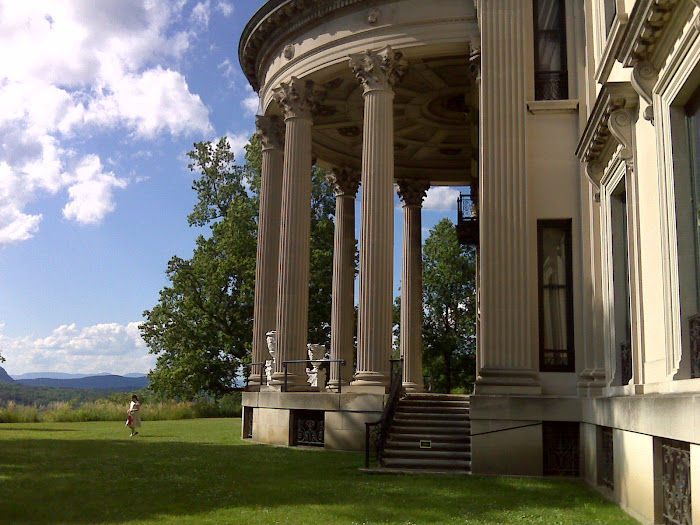For those of us who yearn for the epic love story, yet find Shakespeare’s twisted plots and complex language too much to handle and few rom coms satisfying, we tend to fabricate puzzles of love in our minds so that we can control the outcome. However, in Alan Drew’s Gardens of Water, a hauntingly beautiful novel about first love amid other sub-plots that richly add to the storyline, we find what we have been looking for: a story that while eliciting tears from even the toughest critic, makes the quest for true love a little less difficult to bear.
We are introduced to the Basioglu family; Sinan and his wife Nilufer and their two children, Irem and Ismail. As Drew carefully and articulately unfolds the exposition to his readers, we see that life in this family is not easy for the oldest child, Irem. Ismail could be considered the golden child by his father and he can rarely do wrong in his father’s eyes. Irem is desperately searching for approval from both parents. It is interesting to witness the change in both parent’s personalities as the novel continues. In the beginning, Sinan is harsh with Irem and Nilufer scolds him and warns him that his abrasive behavior toward his only daughter will cost him her affection. However, as the novel goes on, we begin to see the shift in Nilufer’s attitude, specifically after the major earthquake, She fears she has lost her son and nothing Irem does is soothing to her mother. “Nilufer was going crazy and Irem couldn’t calm her” (Drew 33). As they grapple with losing everything they have in addition to assuming refugee status within their own country, Nilufer’s disdain for her daughter becomes discernibly more palpable.
Irem’s attraction to her neighbor, Dylan is briefly conveyed to the audience in the beginning of Drew’s jouney. Dylan is an American boy who lives with his parents in Turkey. The two of them fall in love quickly when Irem and her family move into the camp that American relief workers have set up for them. Their love soon turns into a battle as a result of the community’s strong opposition.
In addition to Irem fighting for her budding relationship with Dylan, she is also searching for acceptance from her family. As her bond with Dylan is revealed, she is yanked further and further out of her comfort zone and out of her family; in one encounter on the beach, her father, Sinan threatens to disown her if she continues to see Dylan even though his heart is breaking at the thought of it.
In Drew’s Gardens of Water, there is definitely more than one protagonist. Irem is the obvious protagonist; a young girl fighting for what she wants despite what her family believes and what her culture dictates. Yet, her father, Sinan is also a character who within himself harbors feelings of altruism; his gratitude toward the American whose wife sacrificed her life to save his son’s. The relationship between the audience and Sinan can very well be classified as a love to hate bond, Alan Drew confirms this by stating, “It sounds strange to say, but, despite the horrible things he contemplates doing, I love Sinan…His conflicted nature and his complexity are what I love most because I think we’re all like that” (Drew 349 A Reader’s Guide). Sinan is definitely a conflicted character yet some could say that the strain between his head and his heart make him human.
Throughout the novel, there is an underlying theme of faith and the importance it plays in each character’s lives, specifically for Sinan. One day while looking for food for his family, their hunger becoming more and more ravenous as a result of the earthquake, Sinan encounters a shepherd and he is allowed to take the sheep as food. While Sinan guts the sheep, he has a revelation. He sees the shepherd as a sign from God telling him that to become too attached to his time on Earth is futile because it is not until one is with God in eternity that one is really existing. He realizes that despite status, no one truly knows what it means to be with God until he or she is dead. For the people whose time had not come yet, they were haunted, therefore never really having complete lives (Drew 72).
“…because to be with your Father is the greatest-the only real existence...No matter who you were, no matter how weak and helpless, once you were dead you knew what it meant to be with God and the living did not know and the not knowing haunted the living and the haunting was the doubt that God existed at all” (Drew 72-73). This brief revelation eases Sinan’s conflictions and is perhaps the most moving part in the book; that God can bring solace and peace even in thought.
Subscribe to:
Post Comments (Atom)


No comments:
Post a Comment